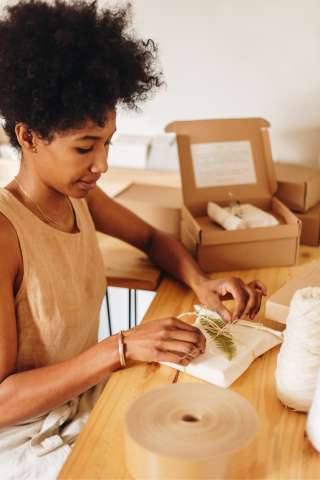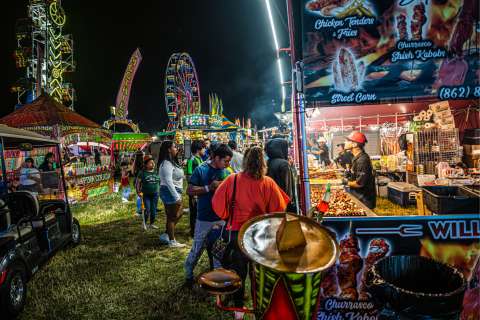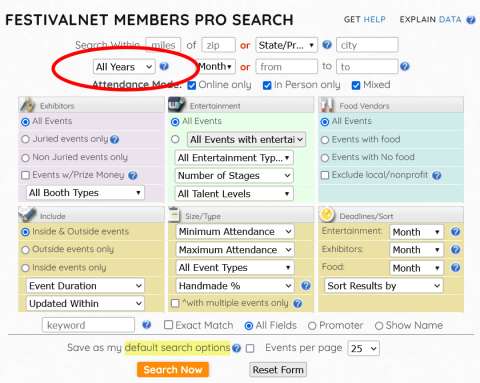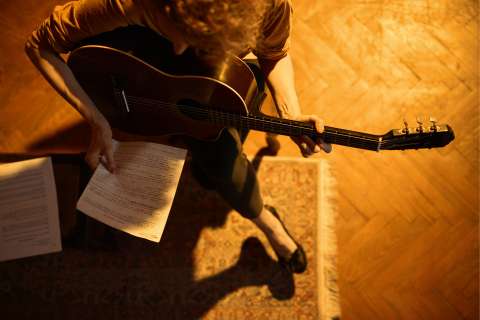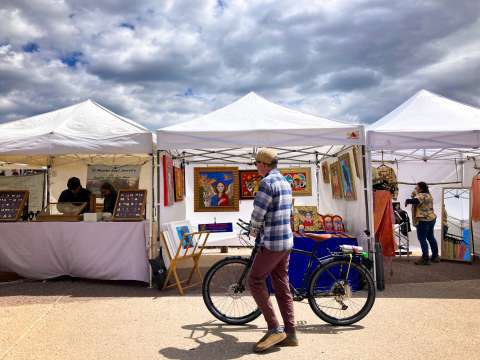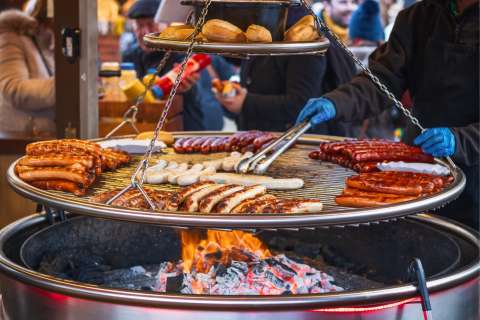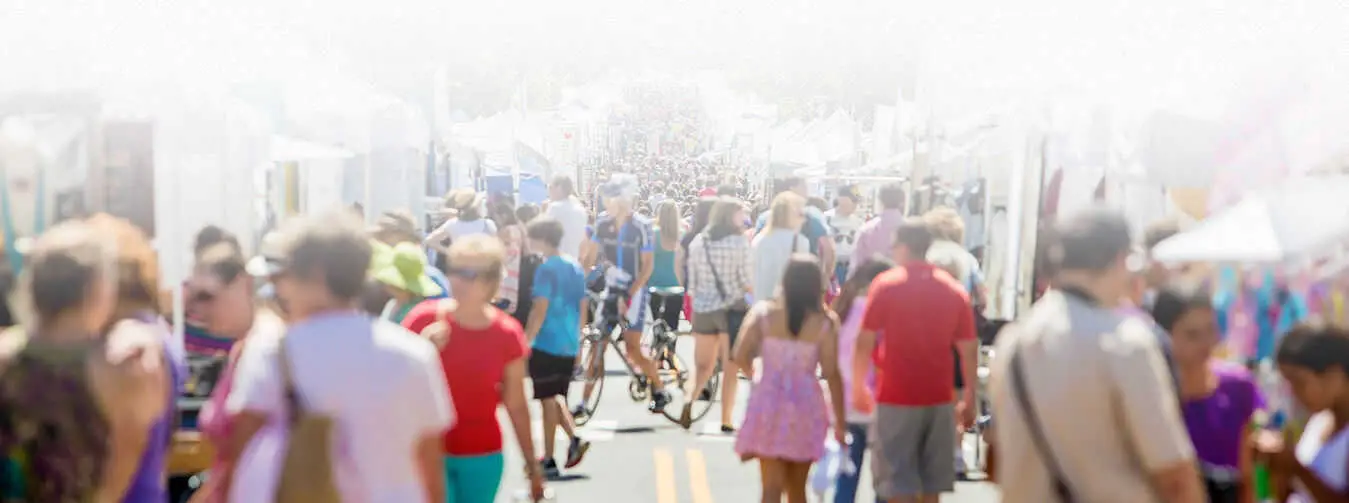Starting a food concession business can be overwhelming, especially when it comes to deciding where to begin. Start with researching and understanding the different types of events at which you plan to operate. This is important because different concessions are better suited for different types of events. We always recommend attending many events and environments with mobile food operators are set up to do your own reconnaissance before making purchases and planning menus!

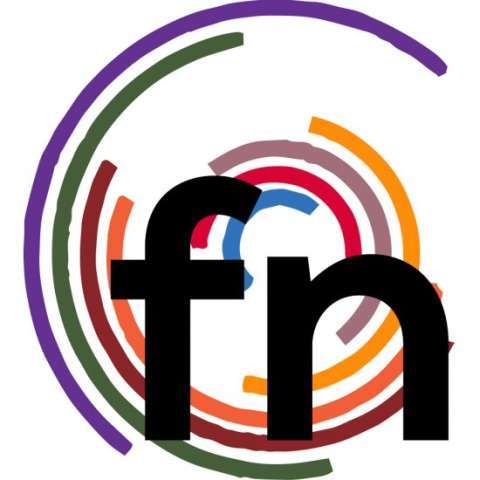
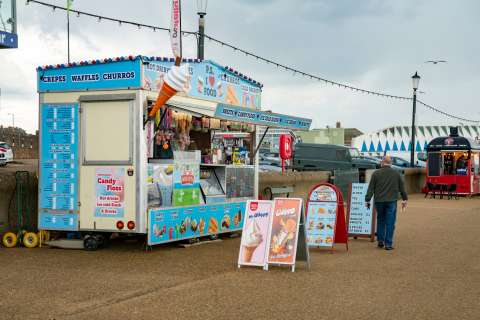
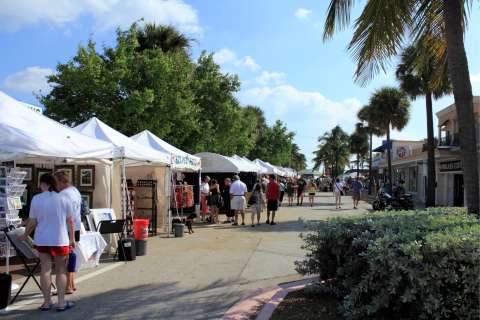
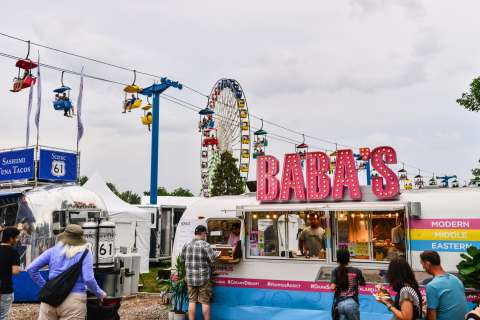
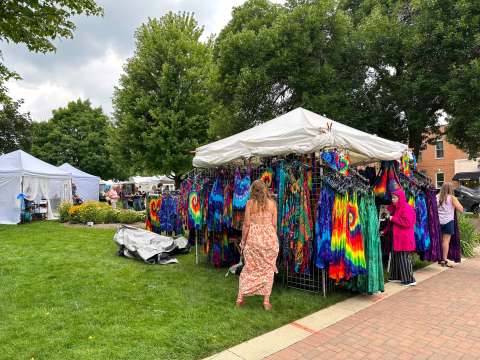
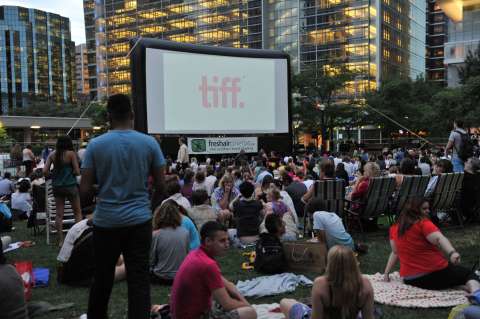
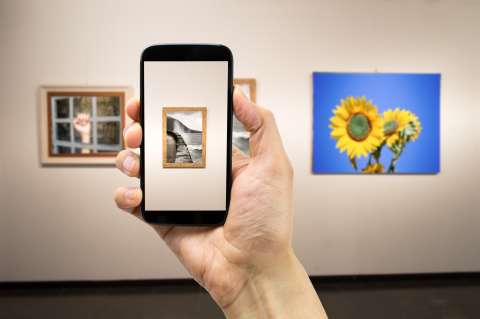
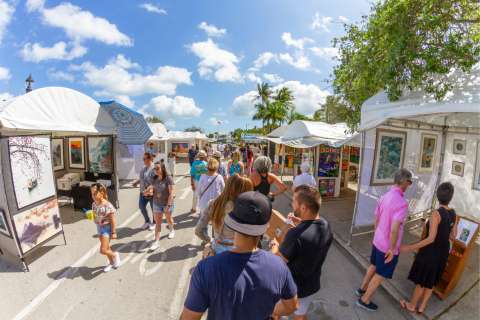



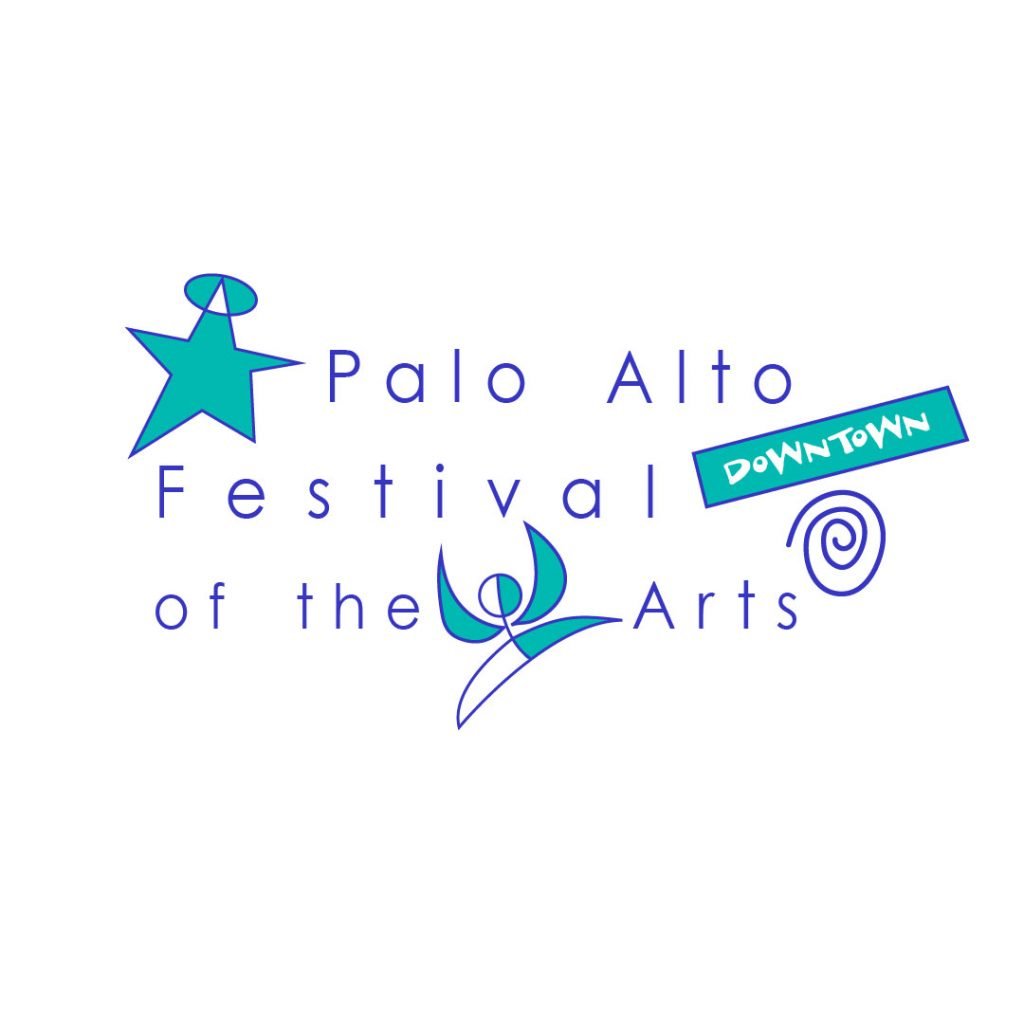
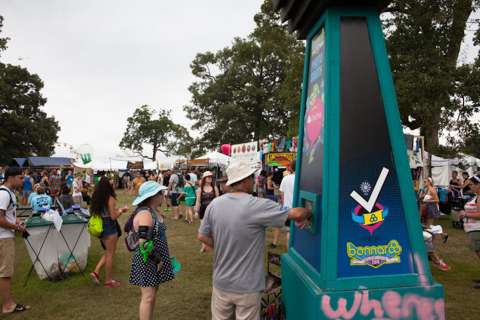



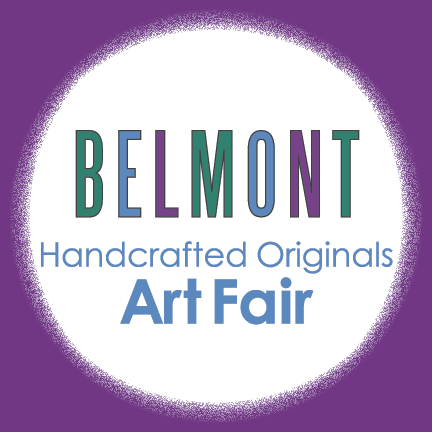 Belmont Handcrafted Originals Art Fair
Belmont Handcrafted Originals Art Fair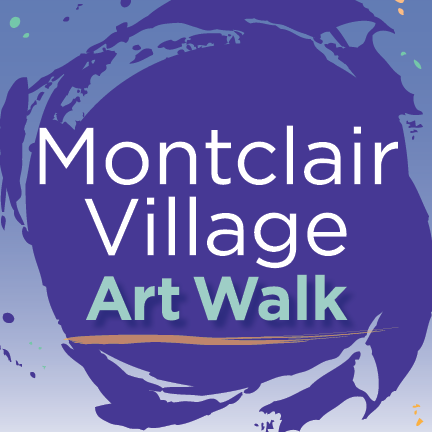
 Rotary Club of Saratoga Fine Arts Show
Rotary Club of Saratoga Fine Arts Show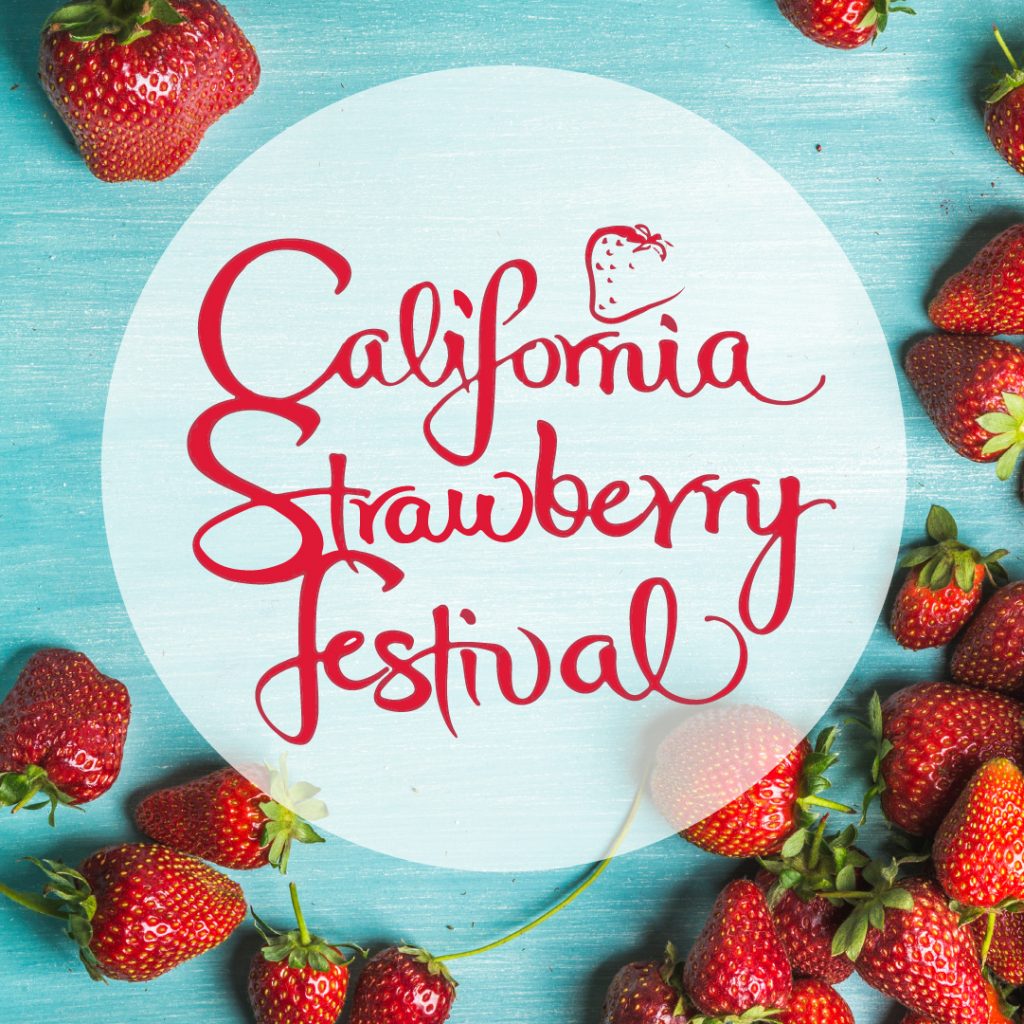 California Strawberry Festival
California Strawberry Festival Tahoe City Art by the Lake
Tahoe City Art by the Lake